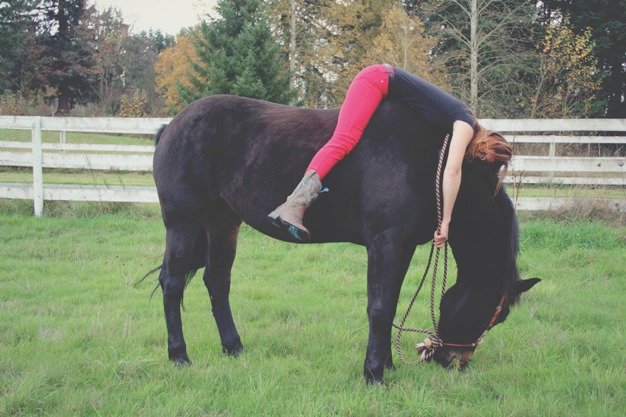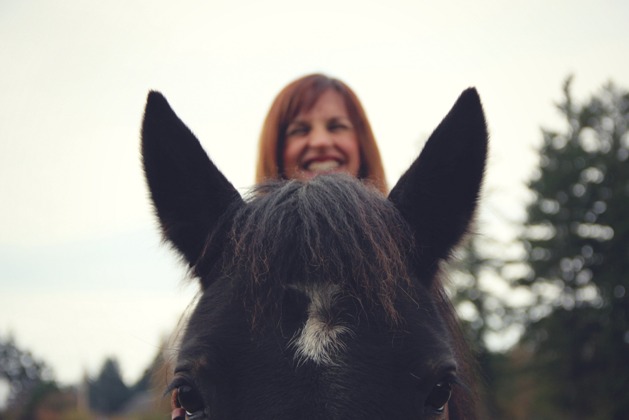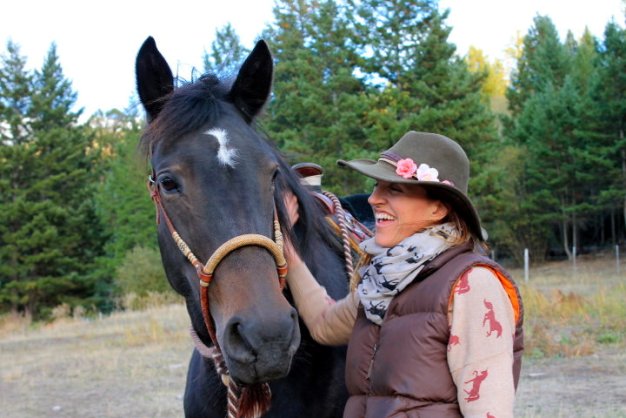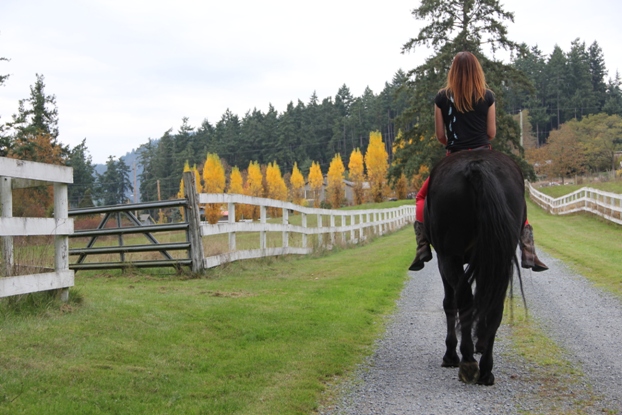
This morning during a session, a little dog from Guatamala confirmed a suspicion I’ve held for a long time.
This whole animal ownership thing is sorely outdated.
I think it’s beyond time that we unpack the energy behind the word “owner” and put this particular label to bed once and for all.
Here’s why:
Let’s take a good hard look at this word. Owner. Owner.
How does it feel and how would you feel if someone said to you “I am your owner”?
The picture usually isn’t pretty. It’s just not a good feeling. When we hear the world owner, we see dominance, we think slavery, we feel oppressed, misunderstood, looked down upon. The word “ownership” denotes that we feel we’re not valid or important or anything of value. It symbolizes inequality. If we are “owned,” we are an object that can be owned, in which case it is very easy, if not expected, to objectify us.
Now, let’s picture our animals, who have no voice.
In fact, they have no truly solid way to communicate with us, other than body language, which is often misconstrued as bad behaviour, naughtiness or worse. And we step into the role of their “owner,” a shift that packs a punch energetically, even if we don’t recognize it as that. How can it not, after centuries upon centuries of ingrained patterning around the relationship between the “owner” and the “owned”?
Merely using the term animal owner brings with it a certain visceral experience that has been built into the very building blocks of our being over generations. Words carry meaning and power. I propose that we begin to change the story and the wording to match our new experience of our animals as equals and as partners.
But first, let me tell you a story to help explain.

When I first bought my mare Diva 12 years ago almost to the day, I was all over the term “owner.”
After all, she was the first horse I had ever “owned.” Ownership was a big deal after 23 years of horse obsession and riding lessons and leasing other people’s horses. But, we weren’t too far into our new relationship when my then traditional understanding of horse ownership began to get turned on its head.
Her name is Diva, after all.
What I realized first, is that the label “owner” left little or no room for connection and precisely none for trust. A relationship based on inequality and dominance is, by nature, one that is built on a weak and shaky foundation. And this shakiness became increasingly apparent in her total disregard for my learned dominance and control techniques. As it did in my attempts to ignore her behavioural cues indicating her feelings of discomfort and danger, as “loud” as they were, thinking that I knew best.
She knew that my intention was as far from partnership as it could be. I wanted her to do what I told her to, no matter the cost to her safety.
Looking back, I recognize how absolutely unfair and downright crappy that was of me.

Thankfully, Diva was having none of that (which, as you can imagine, looked rather out of control at times).
In time, thank goodness, I recognized that I would never ever own this horse, nor would I ever ever want to. The day I fully took her in, fully saw her as not only an equal, but as a teacher and more, was one that changed the course of my life irrevocably.
Her spirit is one of such depth, presence and wisdom that there is nothing I love more being with her, as a partner and a best friend, moving through space and through life in a way that feels inspired for both of us. In fact, as I write this, she is grazing in the sunshine in the field just outside my window and a little later we will saddle up and head out for an adventure together.

The same journey, in different form, happened with all of my animals—breaking down my old, out-dated, and abundantly limited paradigm of what it meant to be privileged to share a life with these incredible beings. Because it is a privilege and an honour. And so, over the years, in my life and my business, I let go of the term animal owner completely. I had to. And I searched for another thing to call this experience of deeply connected partnership.
The term I stumbled upon and fell in love with was “steward.”
You see, animals living in domestication need us. And you better believe that we need them. But, the reality is, that they live in a human world, our world, and it is our role to keep them safe as they navigate it with us. We did put them here after all.
My client today, a wild dog rescued from the streets of Guatamala as a puppy, is, not surprisingly, having a little trouble digesting the experience of domestication. Our human world, if we look at it through the eyes of a wild animal, is quite a terrifying one. It is full of the unfamiliar, full of big sensation and unpredictability. We ask a great deal of our animals to live in it with us.
When we bring an animal into our life, we commit to being their steward through this experience, to keeping them safe, to loving them through their fears and their discomfort, to providing a safe space for them to connect, to trust and to rest.
I invite you to try the term “animal steward” on for size.
My hope is that you’ll find it a better fit than the limiting experience that is the term “animal owner,” and that it will guide you into a deeper more meaningful connection with the furry friends who call you their person. This small shift in thinking will instantaneously shift how you experience your animals and how they experience you.
And when you see your animals today, I invite a little prayer: “I am the student, you are the teacher, what is the lesson? You are the student, I am the teacher, what is the lesson?” There is profound learning and growth that lies in the beautiful humbling recognition that we are all equal no matter what form we arrive in.
Relephant Read:
4 Pet Practices that Need to Stop: Small Changes to Improve Your Pets’ Lives.
Author: Alexa Linton
Editor: Catherine Monkman
Photos: Author’s Own







Read 1 comment and reply